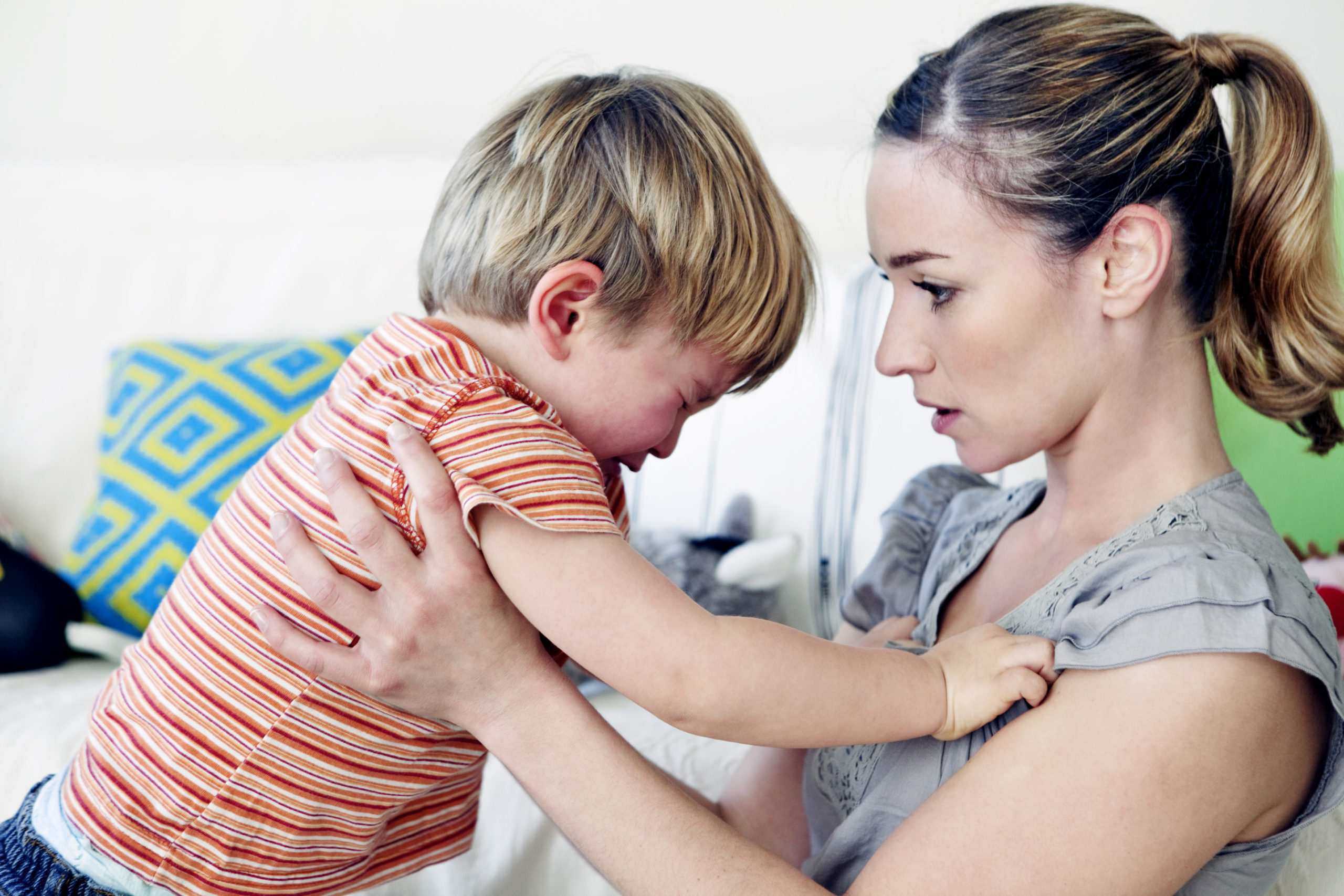
by Loren Burnett, Occupational Therapist, Children’s Therapy
Major changes in routine due to COVID-19, including virtual schooling, decreased social and play opportunities, and limited access to community resources such as parks, playgrounds and pools have greatly impacted everyone. Our children, who depend on structure and routine, as well as interactions with peers and a variety of sensory experiences for emotional wellness and a sense of safety, are feeling the effects of these limitations too— many children are having a more difficult time keeping their emotions under control and may be engaging in more disruptive behavior.
The Children’s Therapy team offers some strategies which may help your child maintain a more regulated, or calm and alert state, during these challenging times.
- Create/reinforce a routine. With virtual school continuing for longer than we may have hoped, this is a great opportunity to create or reinforce a daily routine for your child to support their sense of consistency and what to expect throughout the day. Be sure to include a regular sleep schedule and some form of physical activity every day. It can be helpful to allow your child to have choice in their daily activities when appropriate, and to have pictures to represent various activities. Visit this website to learn more about the benefits of a visual schedule.
- Incorporate sensory play and experiences throughout the day. Take daily walks. Listen to music. Create home obstacle courses. Play with hands in a sensory bin of rice or sand. Participate in heavy work activities such as lifting and pushing, etc. to incorporate muscles—there’s many ways to provide rich experiences for your child’s senses. Preferred sensory activities, such as snuggling with a favorite blanket, can also be used as a calm-down tool when experiencing anger or frustration. Learn more about “heavy work” and sensory bins and their effect on the sensory system.
- Support return to regulation. When your child is experiencing big emotions, it can be helpful to support your child in identifying the emotions they are feeling. You may say “I see you are angry right now because your body is yelling.” You can then speak to your child in a soothing voice, demonstrate a calm body and perform deep breathing. If necessary, after your child has calmed down, you can talk with them about how they can help themselves calm down and avoid similar episodes later. Learn more about co-regulation and how to help your child build calming skills.
These times are stressful and challenging for all of us, however with the use of some intentional strategies and dedicated time, we can support our children in their ability to regulate and cope with emotions. This attention will pay off with happier days and more resilient families!
For more information or ideas, please check out the Children’s Therapy website.

